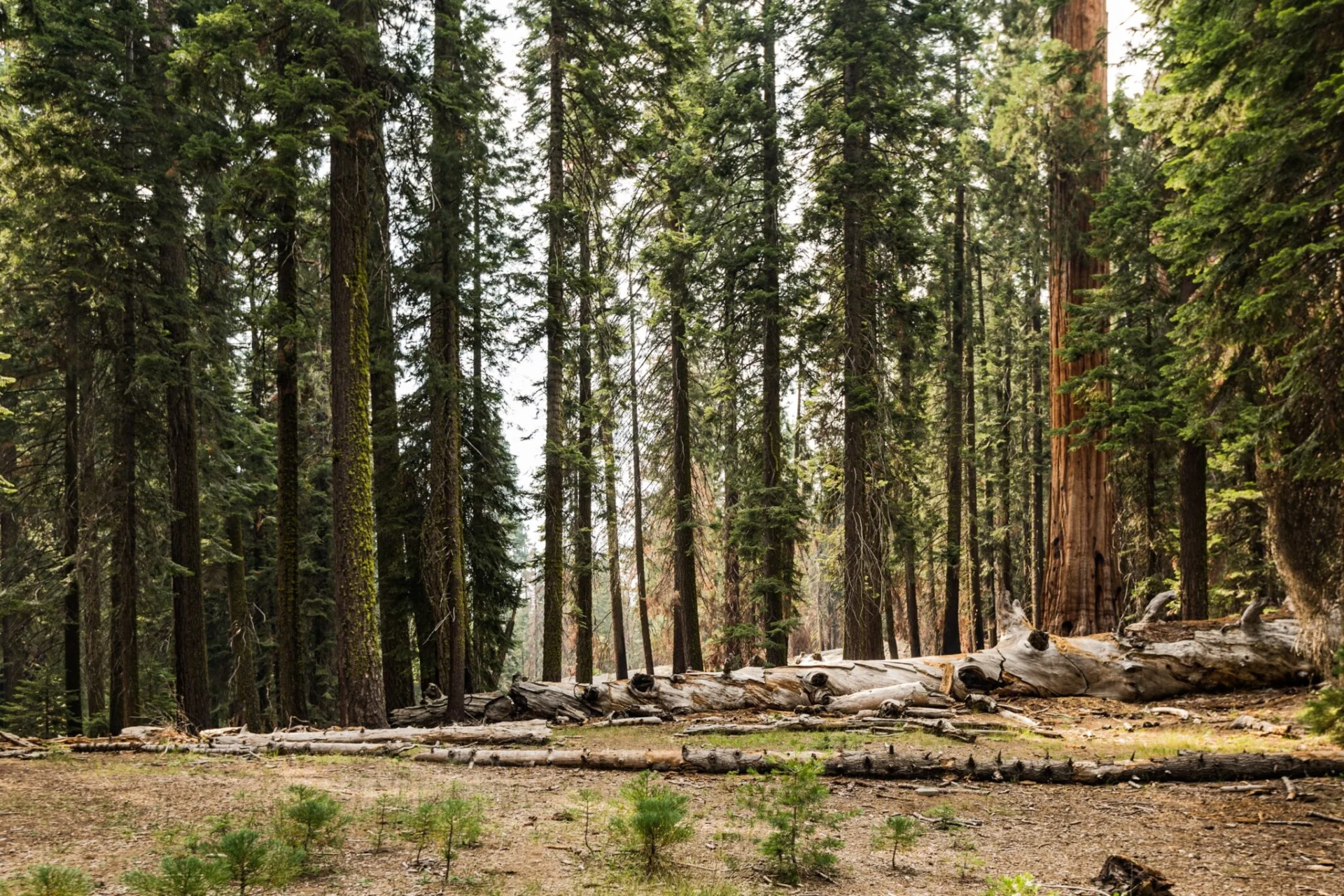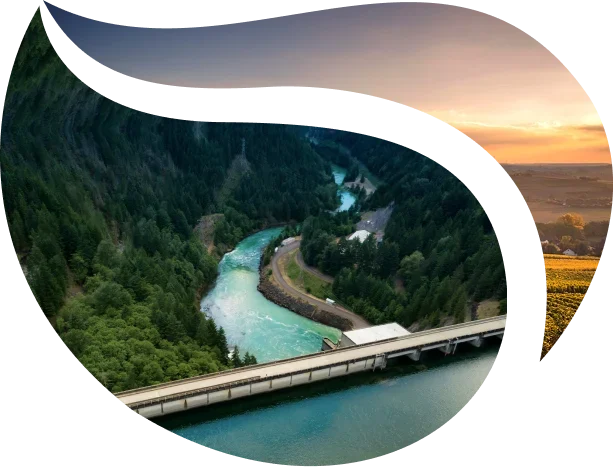
Delegates representing state, federal, and international agencies, the private sector, academia, and the NGO community examined the most critical issues faced by forest and wildland managers today. Presentation topics focused on the future of decision-making and key strategies for developing practical solutions.
RNRF’s 2017 Congress on Contemporary Issues in Forest and Wildland Management explored the effects of climate change, land-use, and community participation on forest and wildland management.
Leading experts described how:
- funding continuity for conservation programs and the USDA Forest Service can be improved;
- science and collaborative processes can be harnessed to improve climate-change adaptation decisions;
- new, multimedia technology can foster support for natural resources, and increase visitation and enjoyment of national forests, parks and resource lands;
- land-use planning methods that balance environmental, social, economic and multiple-use factors can be more effectively deployed;
- responsibilities among federal, state and local governments can be clarified to better manage the risks of catastrophic fires in the Wildland-Urban-Interface; and
- creative policies can promote the reconciliation of conflicts between energy development and multiple uses on federal and private land.
